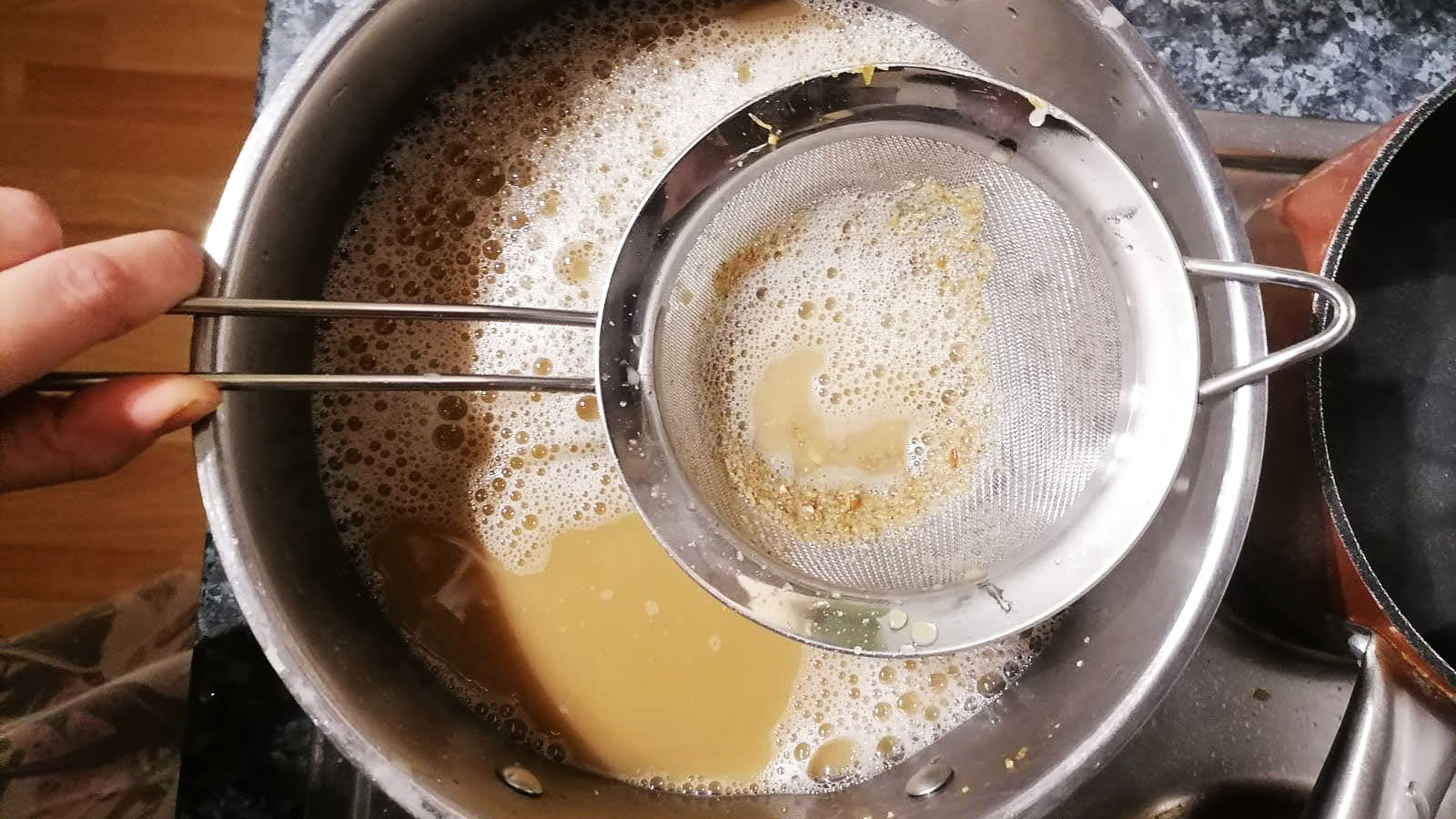While pubs have been closed for months due to Covid-19 regulations, many people in Wales turn to home brewing.
Before 1963, if you wanted to brew your own beer in the UK, you had two options: pay the government for the privilege or brew it secretly. But thanks to the abolition of this law, the 1970s saw a boom in home brewing.
Many people have used lockdown as a chance to get their hands dirty making some craft beer because of its increasing popularity and relatively low-cost. However, even experienced home brewers can face challenges when attempting to make the perfect batch.
Also Mitchell and Arno from The Grain Alchemist started to explore their passion for craft beer during the pandemic. Both working as accountants, they invest their new spare time in learning how to brew their favourite drink. They are now transforming their hobby in a business. The brewery is expected to open soon in Bristol, right at the Wales’ doorstep.
Whether you are dreaming to start a new career or picking up a new hobby, we asked Mitchell and Arno for some advice to quickly boost your brewing skills.
- Learn how to use your equipment
It is extremely important to maintain the right volume of water at all times of the brewing process. Sometimes a pre-imposed programme can also be wrong.
2. Mind the temperature
Temperature makes such a big difference to the fermentation carbonation. During the bottling, leave the beer in a separate fridge that you can set according to your needs.
3. Know your ingredients
Do a lot of research! If you want to make better beer, you need to understand how your ingredients change during the process. For example, the fermentation produces a substantial amount of heat, the tanks must be cooled constantly to maintain the proper temperature.
4. Don’t underestimate the yeast
You can do everything exactly the same, a different yeast will give you a totally different beer. There are two main categories: ale yeast that ferment faster and at higher temperature, while lager yeast that ferment slowly and prefer cold temperature.
5. The golden rule: sanitise everything!
Use a no-rinse steriliser and when you think it’s sanitised, sanitise it again! One strand of something and the entire batch will just go off.
Are you ready to make some beer?

